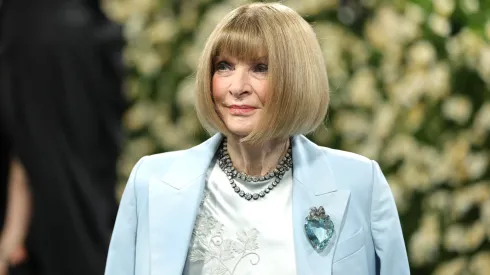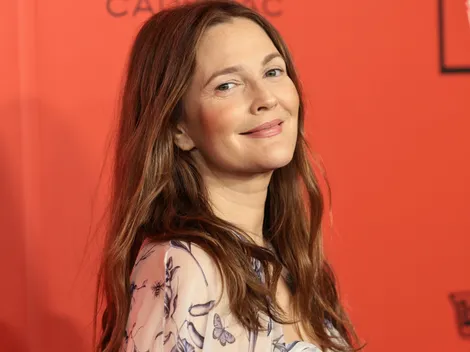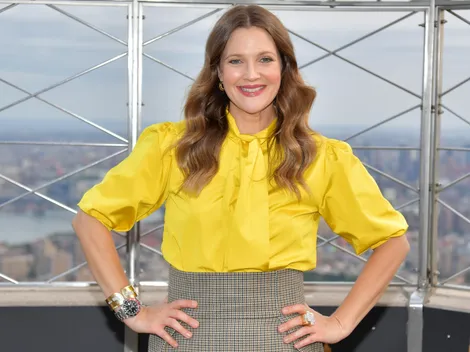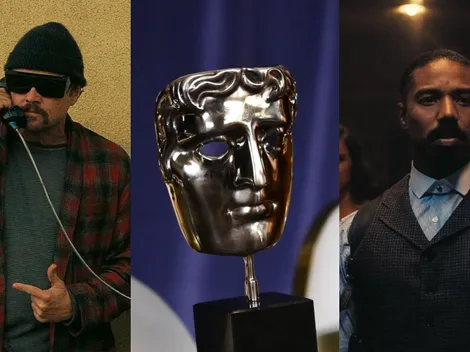For nearly four decades, Anna Wintour has wielded a level of cultural power in the fashion world that transcends mere editorial authority; she is an institution, a brand, and an immediately recognizable silhouette.
Her tenure at the helm of American Vogue saw her transform the magazine into a definitive cultural barometer, but perhaps her greatest impact lies in how she defined the archetype of the omnipotent, fiercely private, and perpetually decisive female leader.
This formidable reputation, coupled with her iconic, unvarying appearance—the sharp bob, the dark sunglasses, the unwavering gaze—has made her a figure ripe for dramatic and documentary interpretation, turning her life and work into a compelling, recurring motif across the film industry.
The Devil Wears Prada (2006)
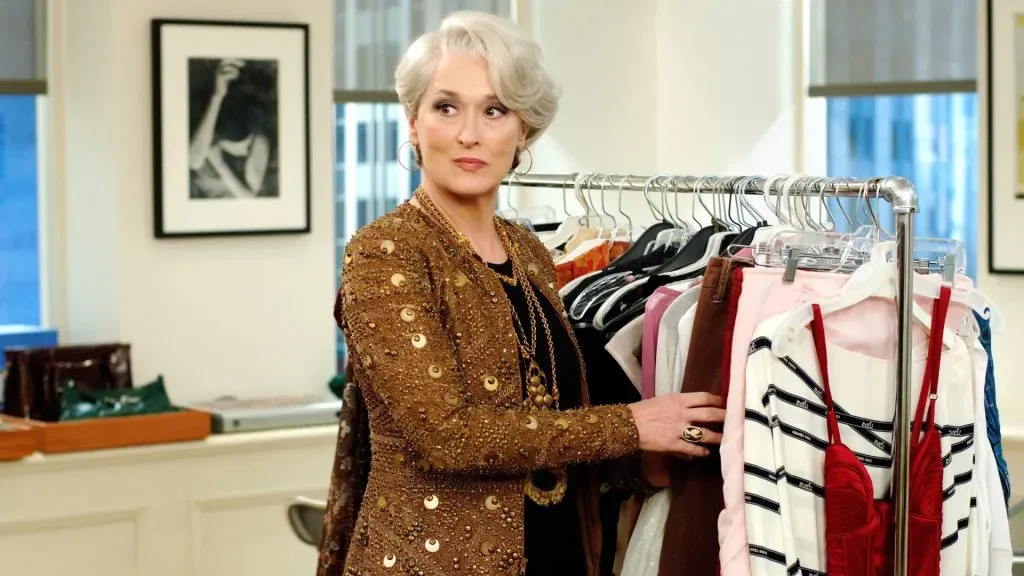
(Source: IMDb)
This is, without question, the most famous fictionalization of the Wintour mystique. Meryl Streep’s Oscar-nominated performance as Miranda Priestly, the terrifying, ice-cold editor-in-chief of Runway magazine, is widely considered to be directly inspired by Wintour. Based on the novel by her former assistant, Lauren Weisberger, the film defined the global perception of the fashion editor as an omnipotent and demanding figure whose mere gaze could unmake a career.
The September Issue (2009)
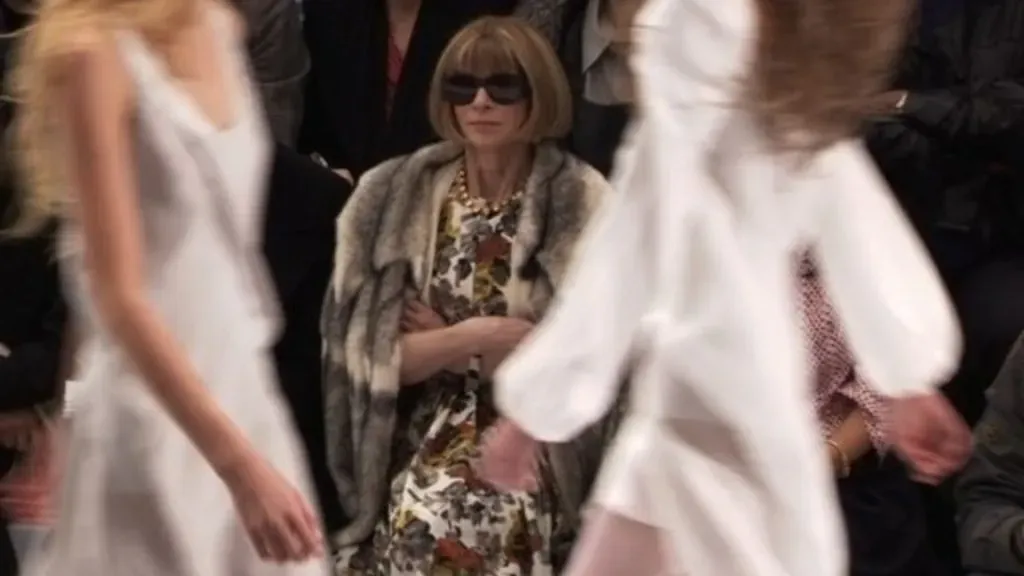
(Source: IMDb)
This critically acclaimed documentary provides a rare, unprecedented peek behind the Vogue curtain, following Wintour and her team as they create the colossal September 2007 issue—the largest in the magazine’s history at the time. The film is celebrated for its observational approach, showcasing Wintour’s intense focus, her collaborative yet authoritative style, and the often tense dynamic with long-time creative director Grace Coddington.
The First Monday in May (2016)
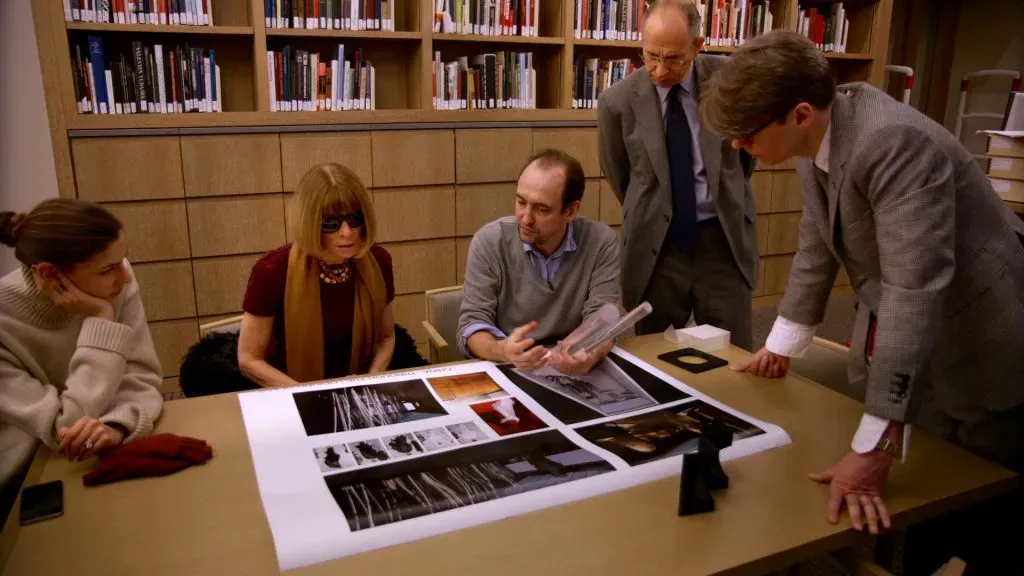
(Source: IMDb)
Shifting focus to Wintour’s role as the Met Gala’s chairperson, this documentary chronicles the planning and execution of the 2015 Metropolitan Museum of Art’s Costume Institute exhibition, “China: Through the Looking Glass.” The film highlights her monumental influence on both the fashion and fundraising sides of the cultural event, demonstrating her power not just as an editor, but as a global cultural gatekeeper.
Boss Women: Anna Wintour (2000)
This earlier documentary piece focuses specifically on the making of the February 2000 issue of Vogue. Though less widely seen than The September Issue, it offers an important historical perspective on her editorship, revealing her operational style long before her image became fully mythologized by The Devil Wears Prada.
Ugly Betty (TV Series, 2006–2010)

(Source: Ugly Betty Wiki Ugly Betty Wiki – Fandom)
While a television series, the cinematic influence is undeniable. The character of Wilhelmina Slater (Vanessa Williams), the sharp, ambitious creative director of Mode magazine, often drew comparisons to the Wintour archetype. The show later introduced the unseen, but all-powerful, editor Fey Sommers—a clear play on Wintour’s name (Winter/Summer) and persona, further cementing the Wintour-inspired “boss” trope in popular media.
Zoolander (2001)
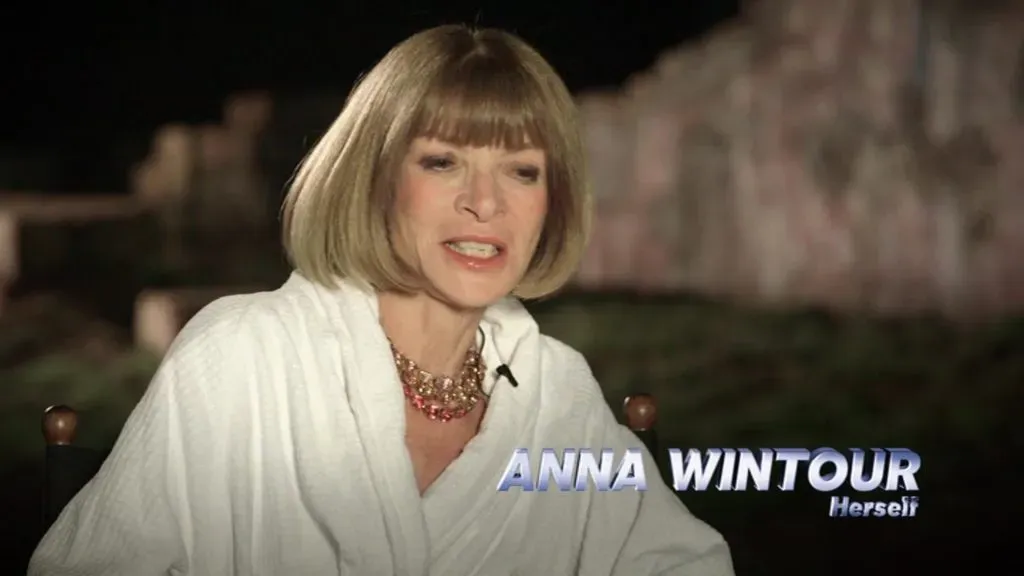
(Source: IMDb)
Though a comedy satire that predates some of the later, more direct Wintour-centric works, the film’s exaggerated portrayal of the ruthless, often nonsensical world of high fashion established a cinematic framework. Notably, Wintour herself made a small cameo appearance in Zoolander 2 (2016), demonstrating her own willingness to engage with—and even profit from—her public persona.
The Gospel According to André (2017)
This documentary about the life and career of former Vogue editor-at-large André Leon Talley offers a profound, often intimate view of his career, which was intrinsically linked to Wintour’s. It provides an indirect but crucial perspective on Wintour’s inner circle and the demands of loyalty within her court, showing her influence through the eyes of one of her most devoted collaborators.
Ocean’s 8 (2018)
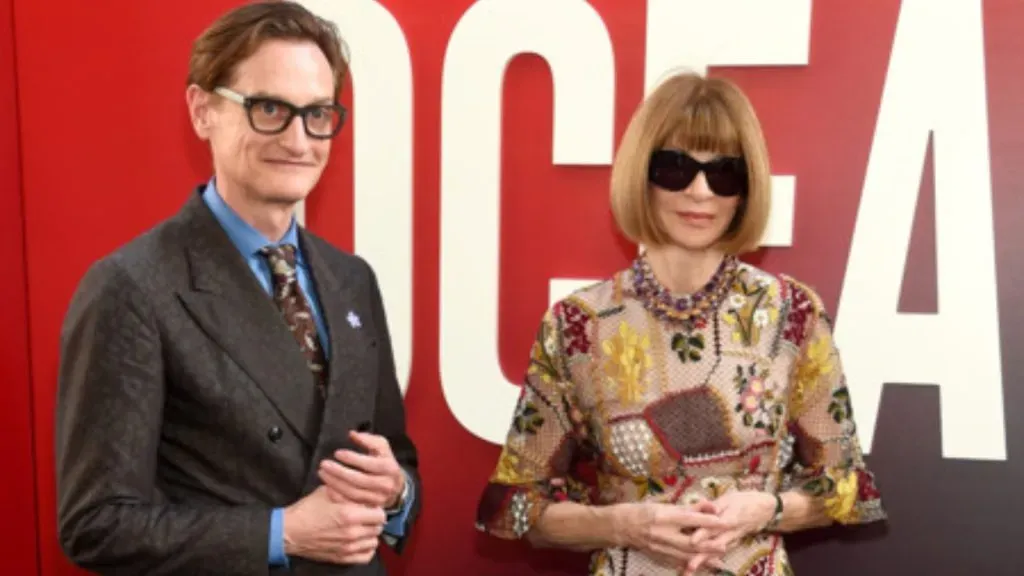
(Source: IMDb)
In a film centered on a high-stakes jewelry heist at the Met Gala, Wintour appears as herself, hosting the event that serves as the backdrop for the crime. Her appearance underscores her real-world status as the absolute monarch of the Met Gala, confirming that no cinematic portrayal of the event can be complete without her authoritative presence.
Valentino: The Last Emperor (2008)
This documentary follows the legendary designer Valentino Garavani and his business partner Giancarlo Giammetti. Wintour appears in several scenes, showcasing her role as a crucial ally and ultimate arbiter for designers. Her interactions illustrate the immense commercial and cultural weight her approval carried, often acting as the decisive factor in a designer’s global success.
Helmut Newton: The Bad and the Beautiful (2020)

(Source: IMDb)
A documentary exploring the life and controversial work of the famed fashion photographer, who frequently collaborated with Wintour and Vogue. The film features archival footage and commentary on Wintour’s editorial stewardship, providing context on how she utilized provocative and boundary-pushing photography to redefine the look of the magazine throughout the 1990s and 2000s.
